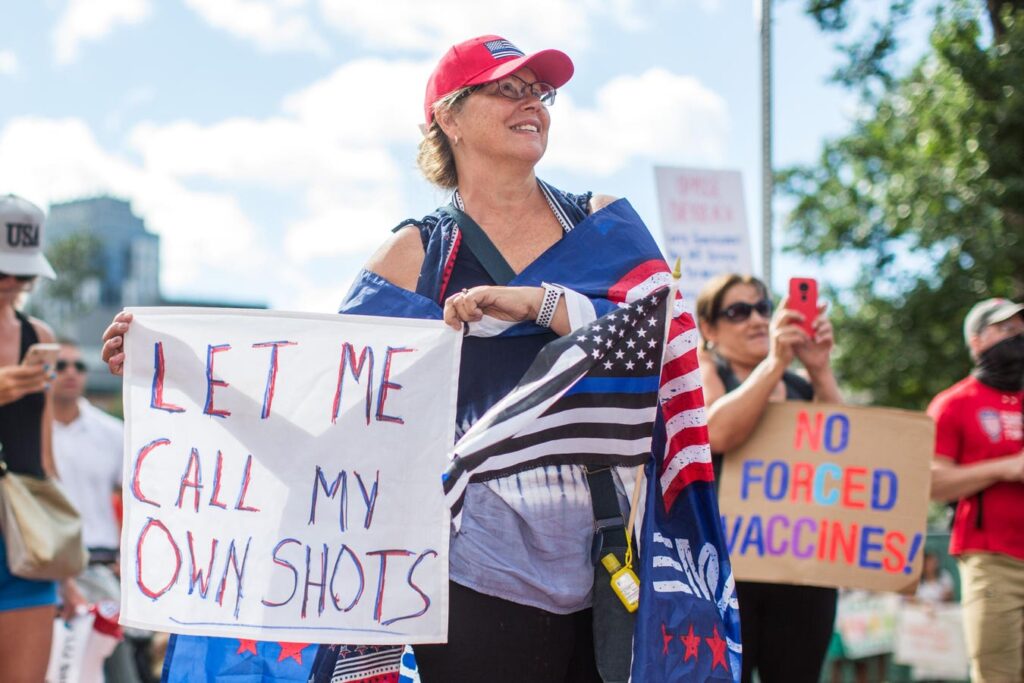
Vaccine hesitancy is on the rise, and it is imperative to understand the reasons behind this phenomenon. According to a recent Gallup poll, only 69% of respondents view childhood vaccines as “extremely” or “very important,” a stark decline from previous years.
One of the primary factors contributing to this surge in vaccine skepticism is the growing politicization of public health issues. The COVID-19 pandemic has seen vaccines become increasingly polarized along party lines, with conservative leaders framing vaccine mandates as an overreach of government power and a threat to personal freedoms. On the other hand, liberal and progressive leaders have perceived vaccines as a collective opportunity to promote public health.
This polarization has led many Americans to question the safety and efficacy of vaccines, resulting in a significant divide between Republicans and Democrats on this issue. The data shows that 26% of Republican and Republican-leaning independents believe it is extremely important to get their children vaccinated, compared to an astonishing 63% of Democrats or Democrat-leaning independents.
Furthermore, misinformation campaigns have also played a crucial role in fueling vaccine hesitancy. False claims, such as the alleged association between the MMR vaccine and autism, have been spread and amplified through social media platforms, despite the complete lack of scientific evidence supporting these claims. These falsehoods have undoubtedly eroded trust in vaccines among certain segments of the population.
Inconsistencies in messaging from political leaders have also contributed to this crisis of confidence. The rapid development of COVID-19 vaccines has led some individuals to speculate that vaccine promotion is motivated by political rather than scientific considerations. This confusion has created an environment where misinformation can thrive, ultimately resulting in a decline in public trust.
The rise in vaccine hesitancy poses significant risks to science and public health as a whole. When vaccines become entangled in ideological battles, it undermines public confidence and hinders the broader efforts to control diseases. The resurgence of preventable diseases such as measles serves as a stark reminder of this threat.
To address these challenges, it is essential that we collaborate on multiple fronts. Transparent messaging, bolstered educational initiatives, enhanced research projects, and improved digital literacy are all crucial steps towards restoring trust in vaccine campaigns.
Ultimately, the well-being of our children and the future of public health depend on resolving these issues.
Source: www.forbes.com


